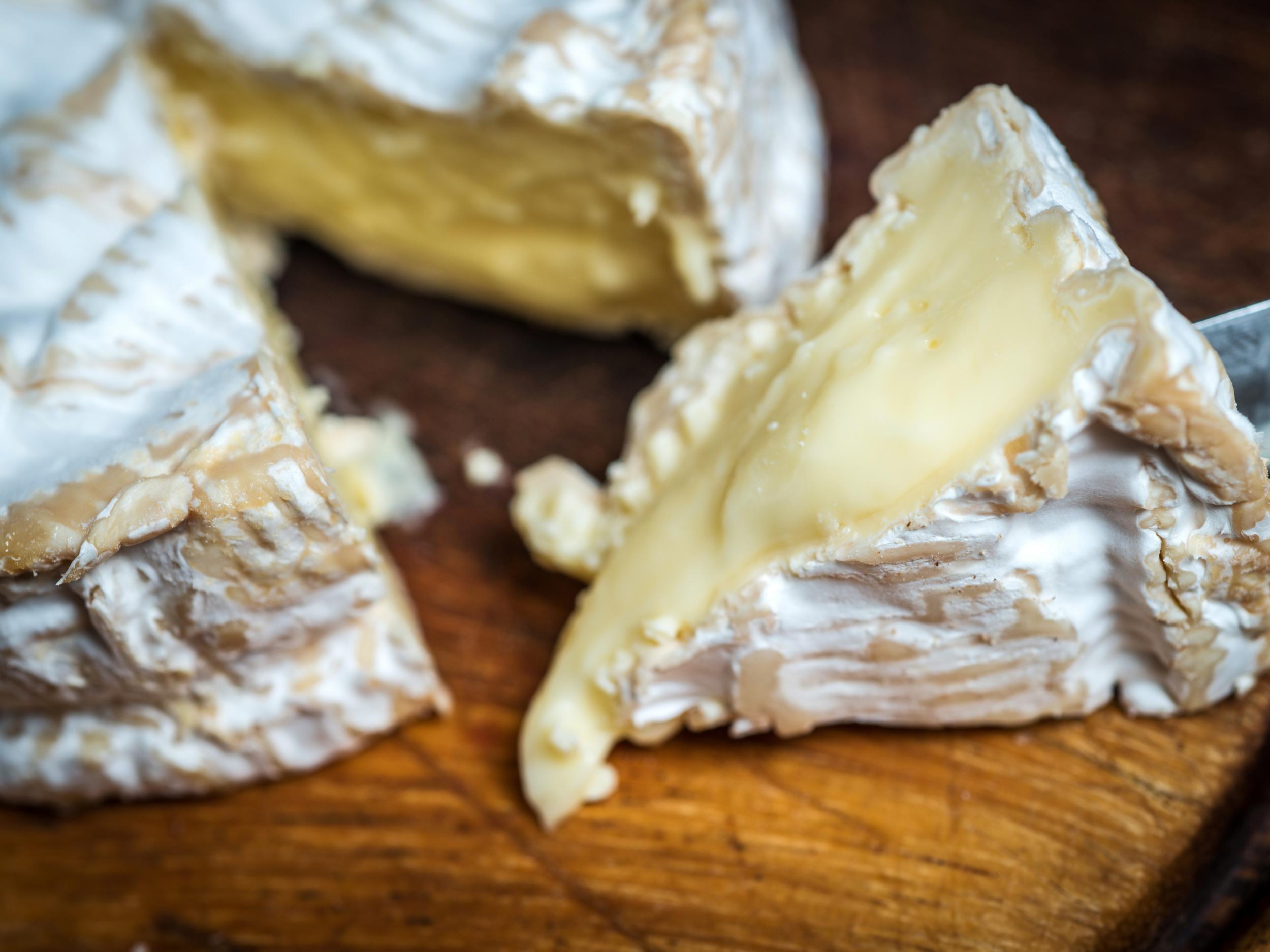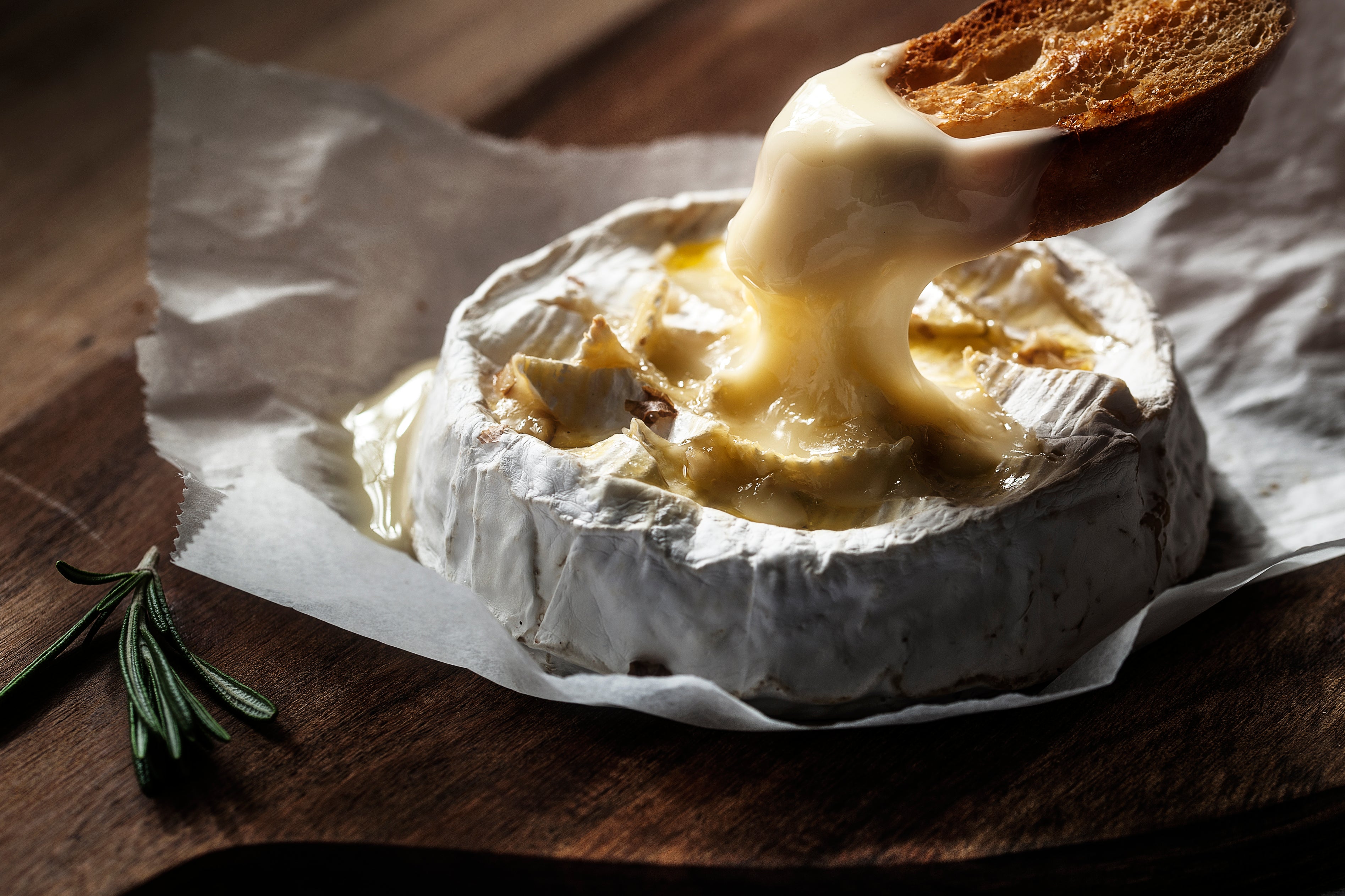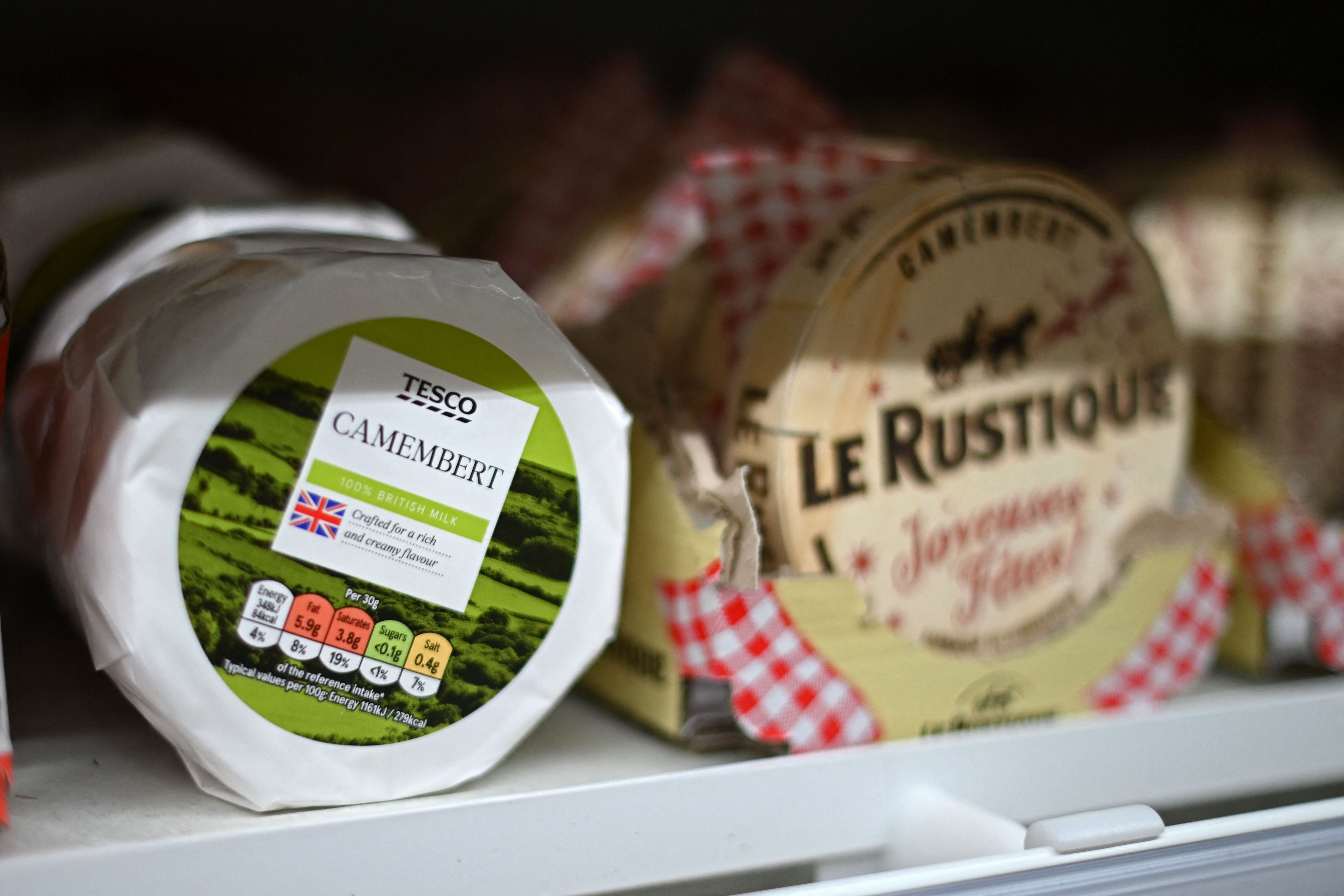Traditional camembert makers win landmark legal battle against major manufacturers
Factories mass producing the staple cheese have been barred from labelling their products as ‘made in Normandy’

After three decades of legal clashes, an appeals court in Nantes, western France, became the final battleground for a long-standing feud between traditional Camembert makers and dairy giants this week.
Factories mass producing the staple French cheese have been barred from labelling their products as “made in Normandy”, much to the delight of local producers.
Big supermarket brands will have to remove the word “Normandie” and any symbols of the region from their packaging, to protect manufacturers who adhere to the traditional Norman method of making the cheese by hand.
The landmark ruling has ended over 30 years of legal battles to stop mass producers from associating their cheese with the region.
“This is a great victory for us and for consumers,” David Aubrée, the president of the association of AOP (protected origin) cheeses from Normandy told The Times.
“People will no longer be fooled into thinking they’re buying real Camembert by misleading labels on cheaper mass-produced cheeses.”

Industrial producers supply more than 90 per cent of the market’s Camembert but do not adhere to the same strict processes local Camembert makers do.
The cheese, hailed from the village of Camembert, is hand-ladled by local manufacturers for at least 13 days before it is packaged and sold.
To be considered traditional Normandy Camembert, it must be made from raw milk, of which at least 50 per cent must come from Norman cows.
However, mass-produced factory-made versions are instead made by machines from pasteurised milk that may not come from Norman cows.
This makes production cheaper but yields an inferior texture and taste, according to Mr Aubrée.
“The traditional approach produces a cheese of vastly superior taste and quality,” Aubrée told the newspaper. “But when you stick to these requirements, it means that you pay more for your milk than industrial producers. This is why it’s crucial for consumers to be able to differentiate between two completely different types of cheese.

“Allowing factory-made cheeses to be labelled ‘Made in Normandy’ blurred the distinction and was unfair to us.”
The local cheesemakers almost lost their legal battle, which started in 1992, in 2022 when a lower court ruled against them. Their successful appeal in Nantes has been welcomed by the “hugely relieved” traditionalists.
Their bid was backed by a host of French Michelin-starred chefs led by Michel Bras, Anne-Sophie Pic and César Troisgros.
The much-loved cheese has become a staple on cheeseboards around the world since the technique to make it was invented by a young Norman woman in 1791.
According to legend, Marie Harel, a then 30-year-old dairymaid from Vimoutiers, Normandy, was taught how to make the cheese by a priest, Mr Bonvoust, who was fleeing the anti-clerical French Revolution.

She apparently made some slight adaptations to the recipe, removing cream, making them in smaller wheels and also packaging the cheese in thin round wooden containers.
It was given to French soldiers in their iron rations during World War I, helping cement it in French culture.
However, in 2021, Camembert producers were horrified to find Italian mozzarella had overtaken it as the country’s favourite soft cheese.
Traditional cheesemakers have attributed this decline to large manufacturers, saying sales declined because customers became disappointed with the “blander” industrial versions.
Join our commenting forum
Join thought-provoking conversations, follow other Independent readers and see their replies
Comments
Bookmark popover
Removed from bookmarks